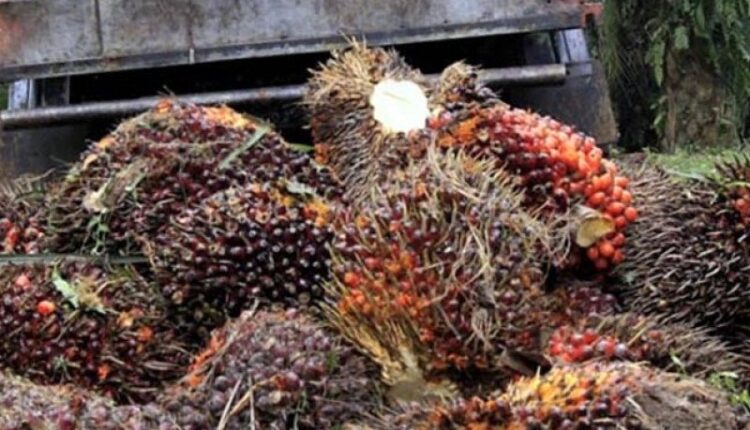Palm Oil Plantation Expansion Not Deforestation, Government Gets Support from Various Groups
JAKARTA – The Indonesian Palm Oil Entrepreneurs Association (Gapki) expressed its full support for efforts to improve governance of the palm oil industry under the leadership of President Prabowo Subianto.
The strategic policy that was launched aims to strengthen the contribution of palm oil to the national economy while encouraging equal distribution of welfare for palm oil farmers and entrepreneurs.
Gapki General Chairman, Eddy Martono, emphasized the need for regulatory simplification as an initial step to increase the efficiency of industrial governance.
“Currently, there are 37 ministries and institutions involved in the management of the palm oil industry. This often causes overlapping policies,” he said.
“We propose the establishment of a National Palm Oil Agency that is directly under the president so that governance is more integrated,” said Eddy.
One of the major steps taken by the government is to maximize palm oil downstreaming through the B50 biodiesel program.
This program is projected to be able to absorb 24 million tons of domestic palm oil, providing a positive impact on price stability while increasing domestic consumption.
President Prabowo Subianto emphasized the important role of palm oil as a renewable energy solution.
“Palm oil is a tree that can absorb carbon dioxide, so there is no need to worry about deforestation if it is managed properly,” said the Head of State.
A similar opinion was expressed by Professor of the Faculty of Forestry, IPB University, Prof. Yanto Santoso.
According to him, the addition of oil palm plantations in degraded forest areas is not included in the category of deforestation, as long as it meets the principles of reforestation.
“If the planting composition maintains 70 percent oil palm and 30 percent local forest plants, it will actually increase land productivity while maintaining environmental sustainability,” he explained.
In addition, the formation of the Daya Anagata Nusantara Investment Management Agency (Danantara) is also in the spotlight.
With the leadership of Muliaman Hadad and Dr. Kaharudin Djenod, this agency is expected to be able to optimize state assets, including in the palm oil sector, in order to increase Indonesia’s global competitiveness.
Widespread support from various parties, from business actors to academics, shows optimism about the future of the palm oil industry in the era of President Prabowo.
With a strategic approach that supports sustainability and equity, palm oil is believed to be a key instrument for achieving inclusive economic transformation. (*)
